José Andrés is the celebrity chef known round the world, not just for his popular cuisines, but as commander-in-chef and founder of World Central Kitchen.
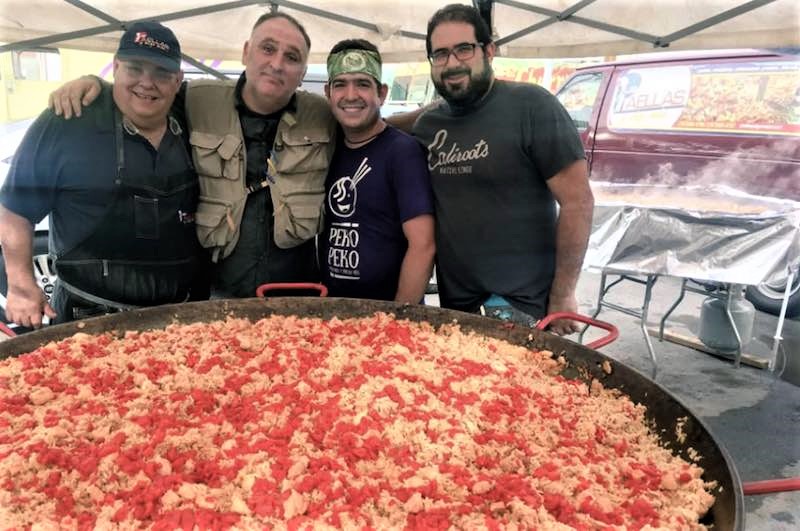
Not only does he go to countries ravaged by hurricanes and floods, he literally feeds millions.
“Nearly two years ago,” The Washington Post writes (Sept. 3), “José Andrés and World Central Kitchen found themselves battling bureaucracy and the battered infrastructure of Puerto Rico after Hurricane Maria delivered a Category 4 wallop to the island. Neither the celebrity chef nor the small nonprofit organization would ever be the same again.
“More evidence of their lifestyle change came over the Labor Day weekend as Hurricane Dorian hovered over the Bahamas and slowly dismantled the island nation, leaving at least five people dead, 21 injured and countless buildings destroyed.”
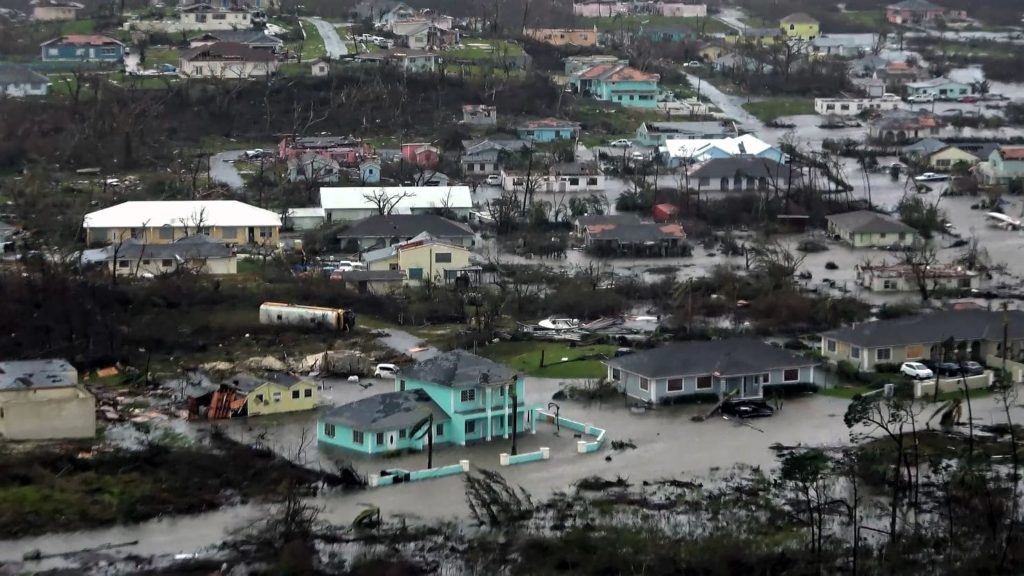
“In the Bahamas,” Andrés wrote in a recent editorial (Oct. 11), “we started cooking as soon as the hurricane moved on, and I’m proud to report that our chef relief team, aided by thousands of volunteers and the support of the Bahamian government, has served more than 1 million meals in Dorian’s wake. Not MREs, but hot meals, sandwiches, fresh fruit, water. When people have seen their entire world devastated, one way to restore hope is to provide them with real food, not emergency rations that might just underline how desperate their situation is.”
But for Andrés, it’s not enough to do good; we must do better!
“If this approach is to become a model for feeding survivors after a disaster,” Andrés says, “and we hope it will, a few lessons we’ve learned will be essential to keep in mind. Chief among them is the need to be adaptable. Too often, layers of bureaucracy and chains of command hinder effective responses. We followed Dorian’s forecast for a week before landfall, positioning teams of chefs in Puerto Rico, coastal Florida and across the Bahamian islands to be ready for any scenario. When we couldn’t safely establish a kitchen in Abaco, we went with plan B — and then to plan C. With few navigable roads, we made deliveries by helicopter and seaplane, and we rebuilt a washed-out dock to land our fleet of boats. Endless meetings at disaster-relief HQ impede the sort of flexibility that is vital to feeding survivors.
“It’s not enough just to try to do good — it’s important to aim for smart good. Many organizations can deliver calories in the form of packaged junk food or costly taxpayer-funded MREs, but buying local is almost always cheaper, healthier and better for long-term economic recovery. In Puerto Rico, instead of waiting for shipments of bread to arrive from the mainland, we provided a grant to reopen a local bakery, putting its employees back to work and supplying our sandwich line in the process. Food relief shouldn’t just be measured in calories; it can be a catalyst of rebuilding a community.
“That local food focus is just one aspect of the need for on-the-scene collaboration. We strive to establish coalitions that include fellow nongovernmental organizations, local business owners, government agencies, members of the military and the media. We often see the old way at work — organizations set up their own camp with a singular focus, not sharing information or receiving it from others about what they’re doing. Local chefs help us source ingredients; volunteers advise us about where to direct deliveries; if we encounter a bridge that needs rebuilding, we share the GPS coordinates with relief crews. To me it seems obvious: If you want to go fast, go alone, but if you want to go far, go together.”
Chef Andrés inclusive message is more vital today that ever… “Longer tables, not higher walls.”
We Need about 500 more like Chef Andrés, my nomination for the Nobel Peace Prize.
Comments
Leave a Comment

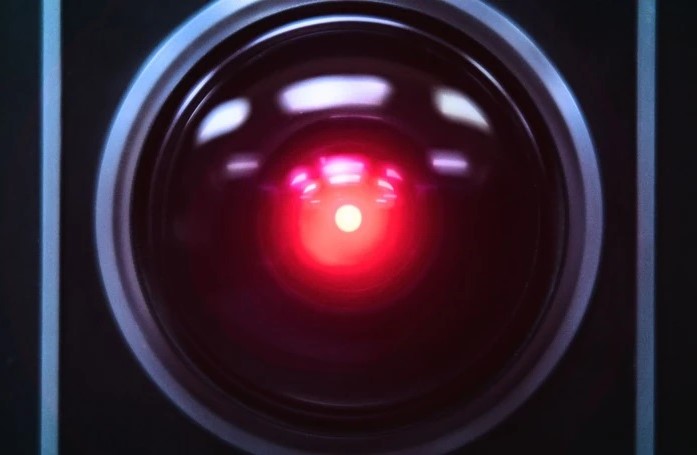
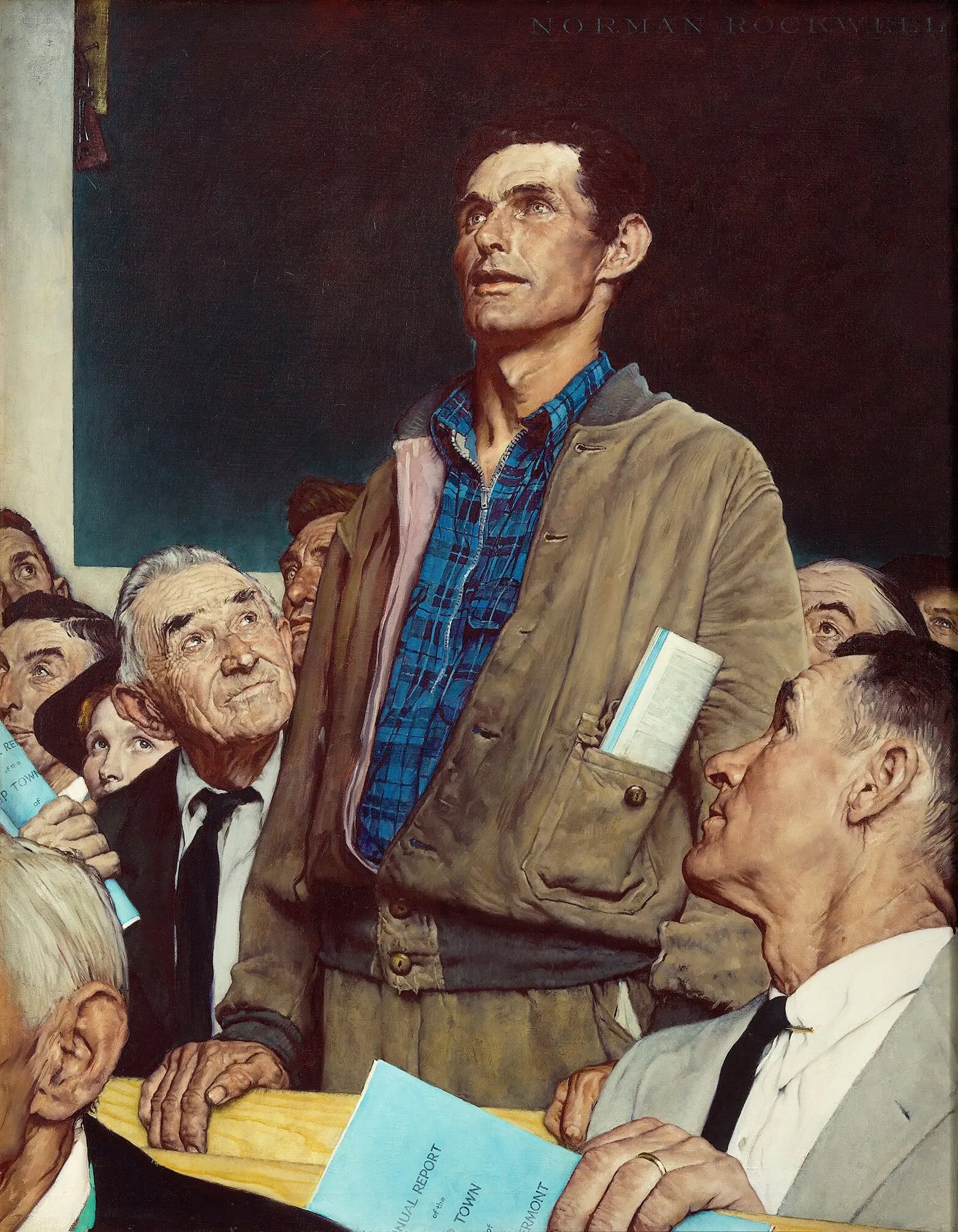
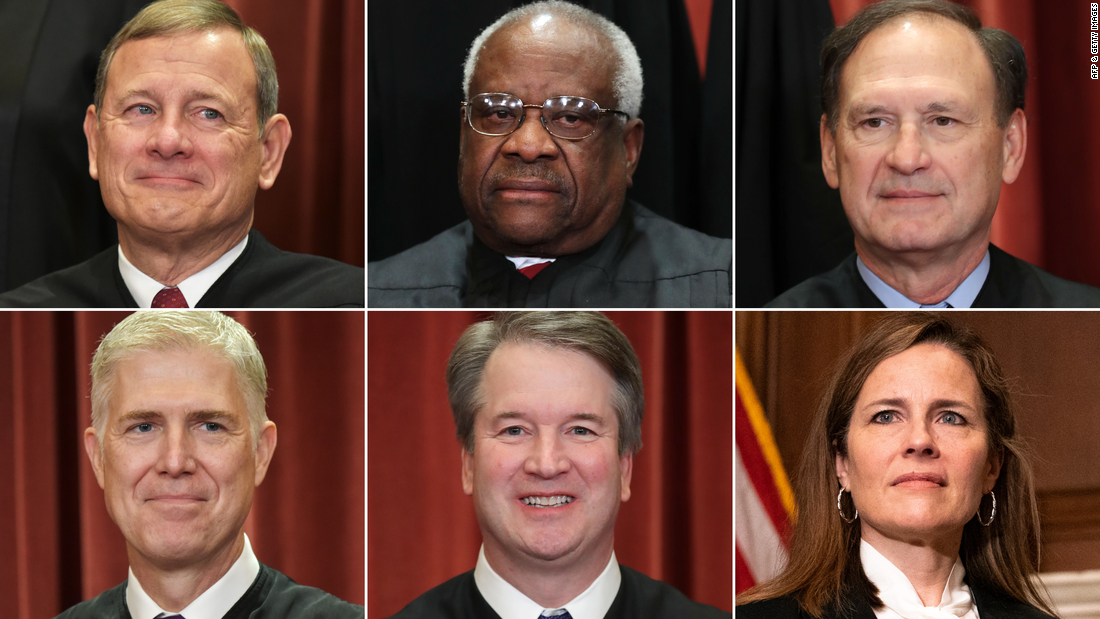
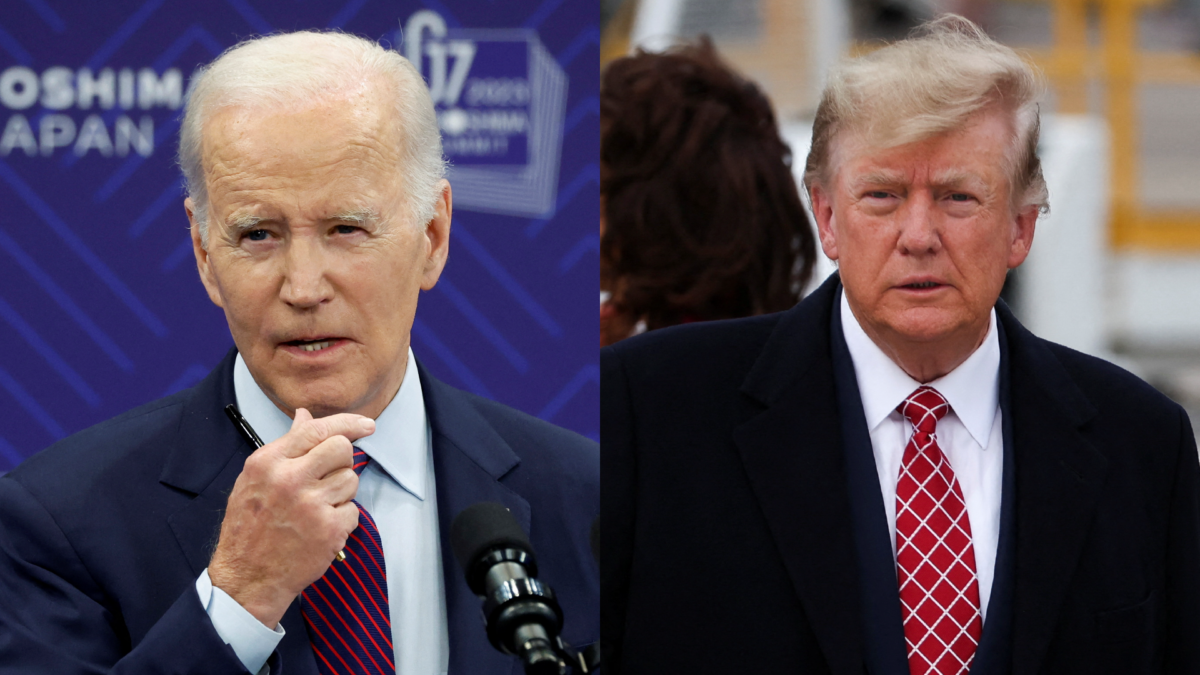
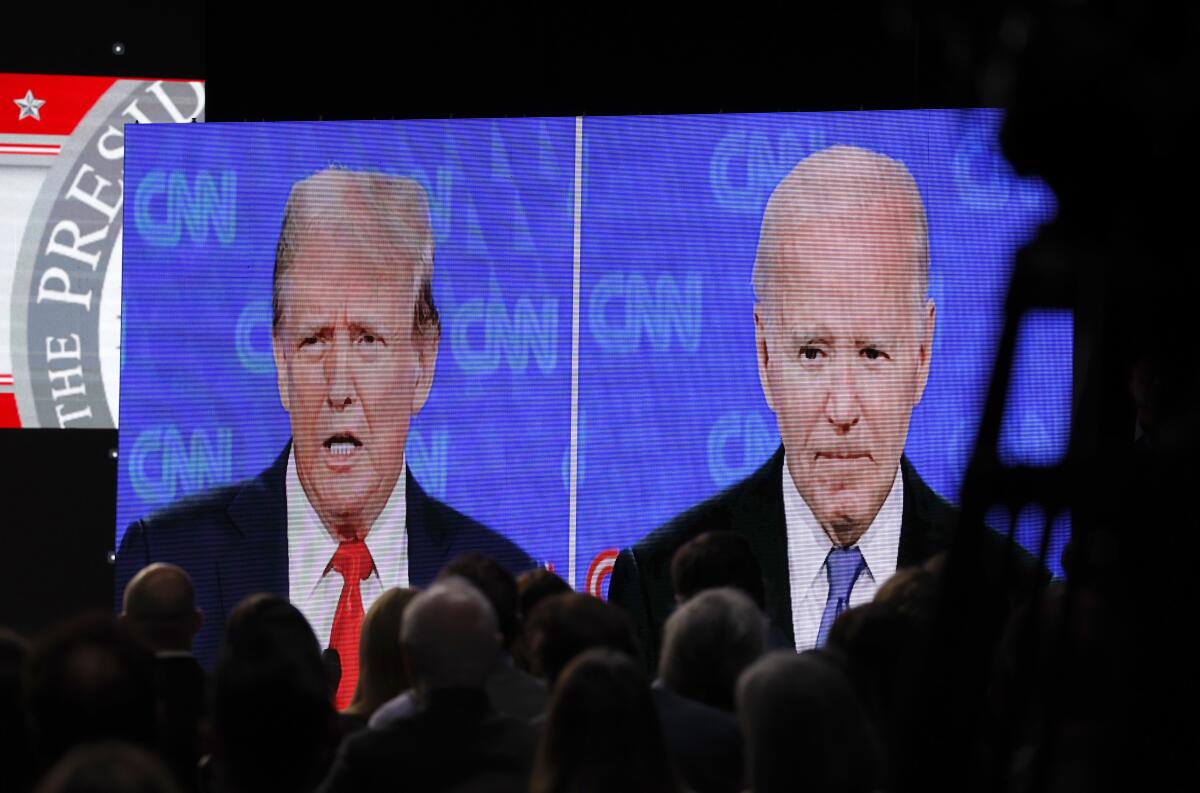

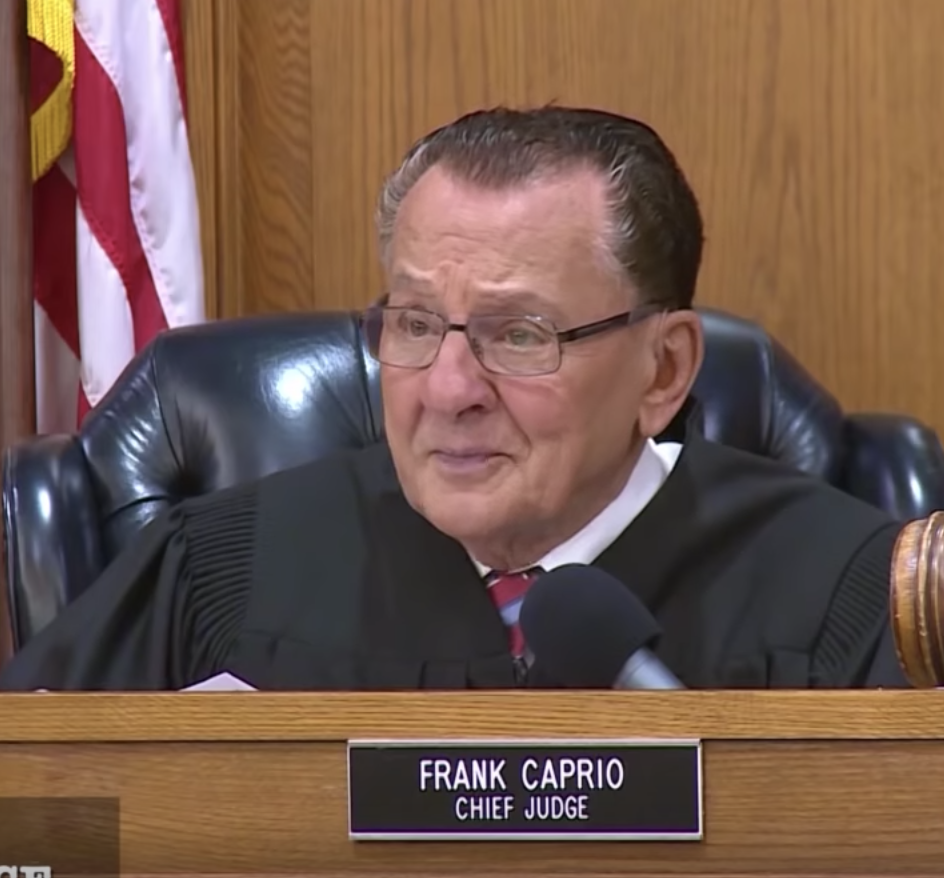
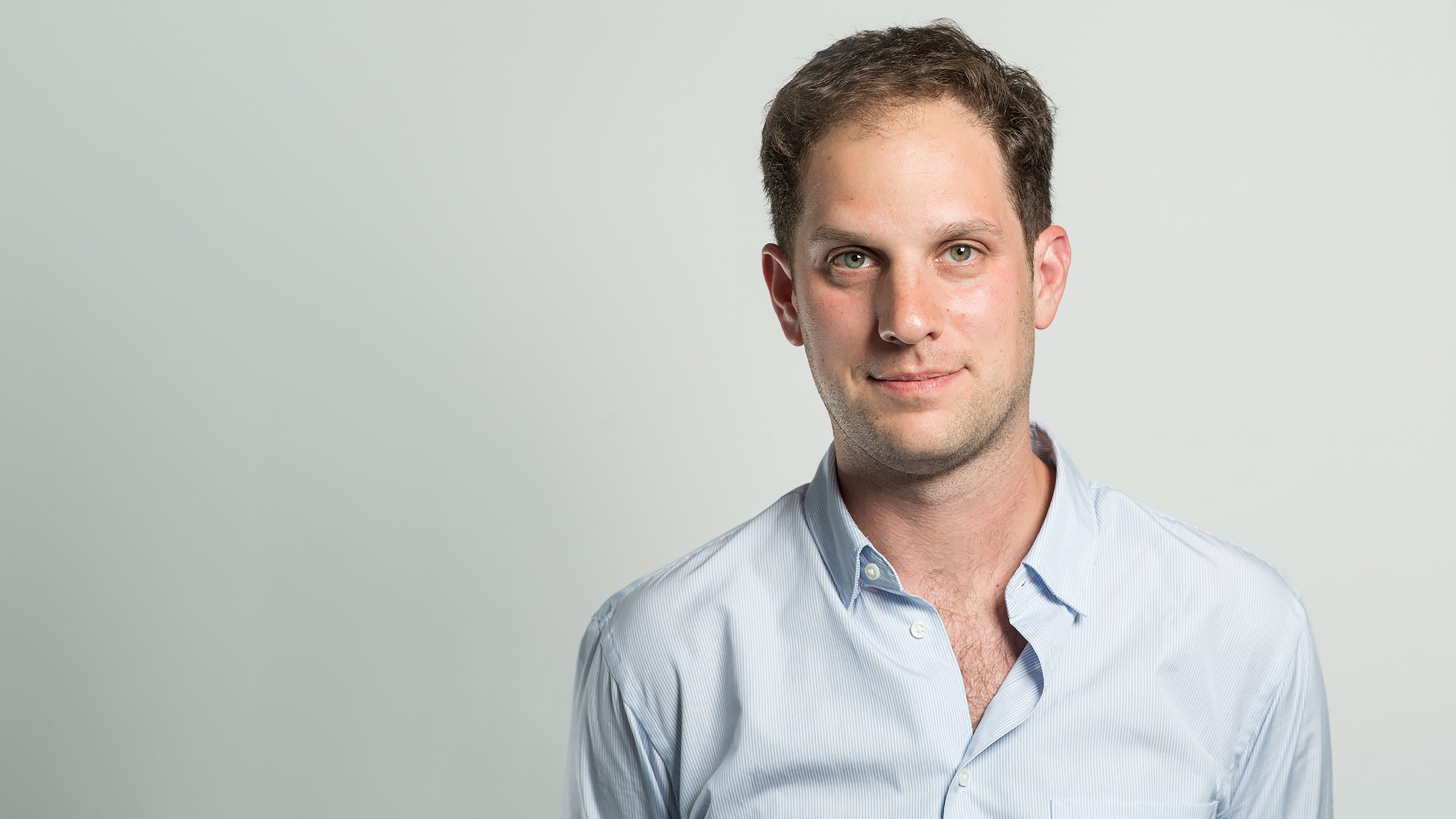


Thank you for bringing Chef Andres to our attention. Impressive!
“If you want to go fast, go alone, but if you want to go far, go together.”